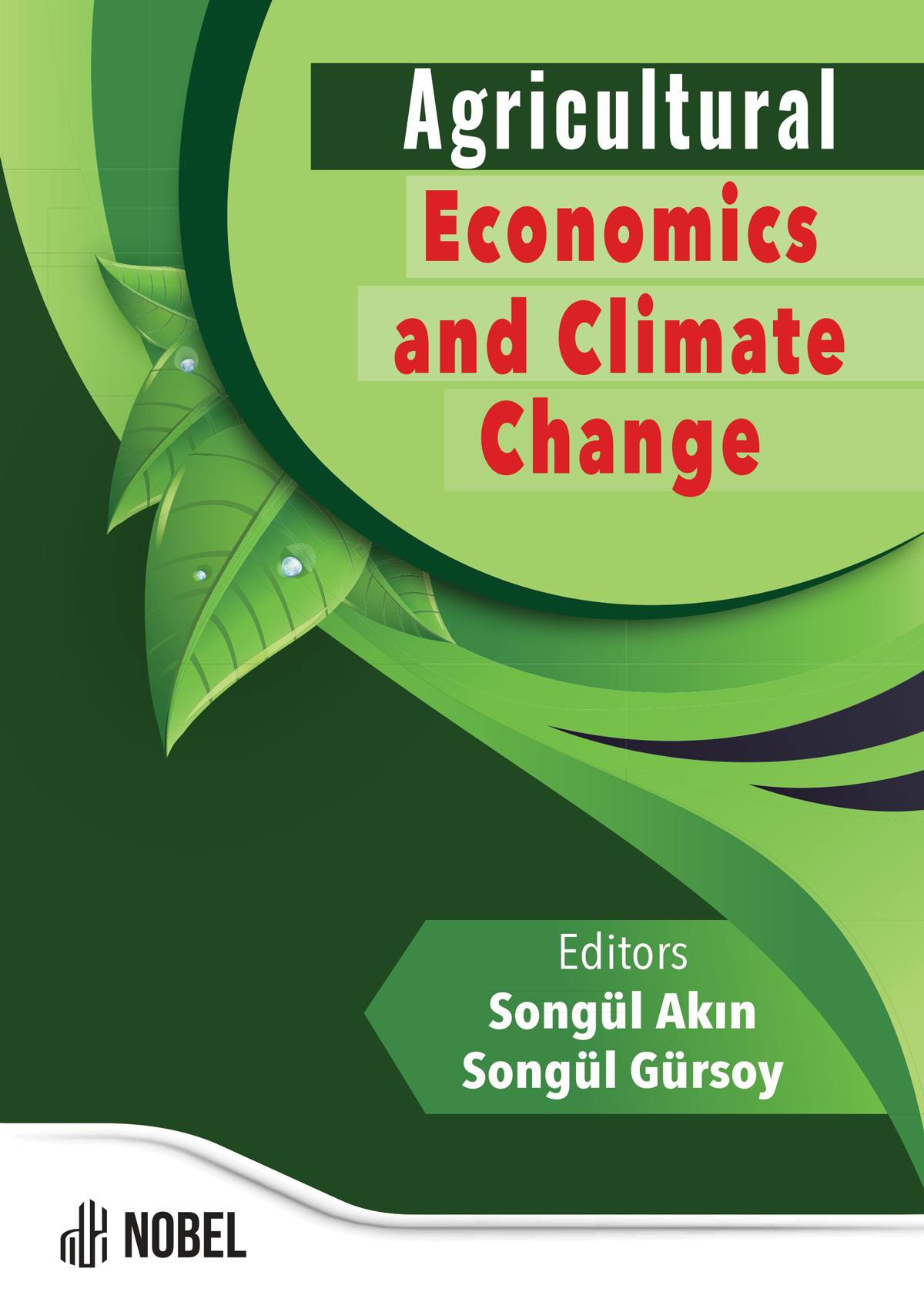The Role of Agricultural Extension in Adaptation to Climate Change
No contributors found.
Release Date: 2024-06-17
Climate change is having profound and complex impacts on the agricultural sector, posing major risks to food security and sustainable agriculture. Agricultural extension services improve farmers’ capacity to adapt to climate change by increasing their knowledge and skills, and thus play a role in ensuring the sustainability of agricultural production and food security. In this [...]

